Bamidbar/Shavuos 5782 – Demonstrating Gevurah for Kabbalas Ha Torah
Consider sponsoring a shiur
Visit YTATorah.org
Shiur presented in 5780
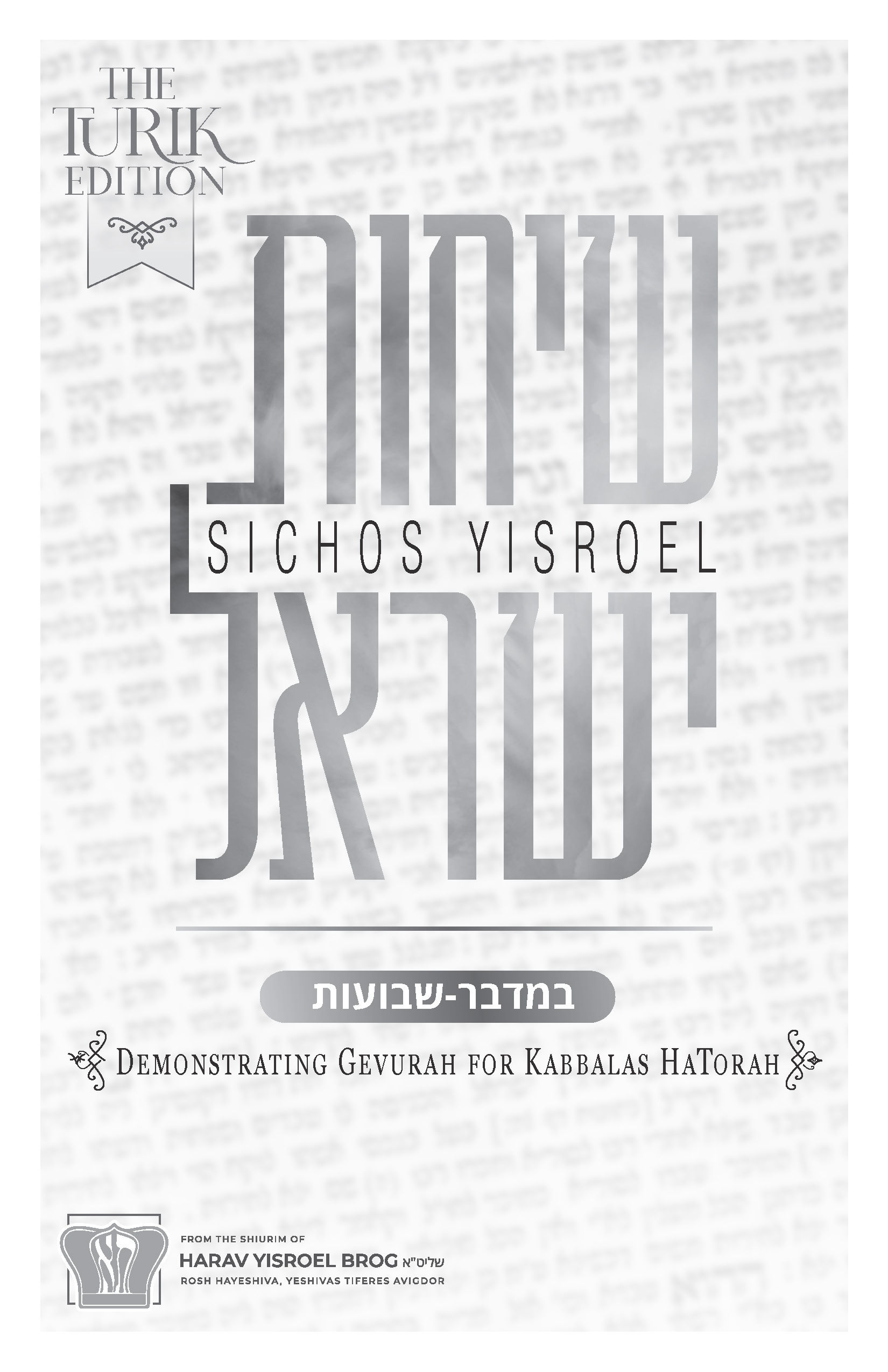
Consider sponsoring a shiur
Visit YTATorah.org
Shiur presented in 5780
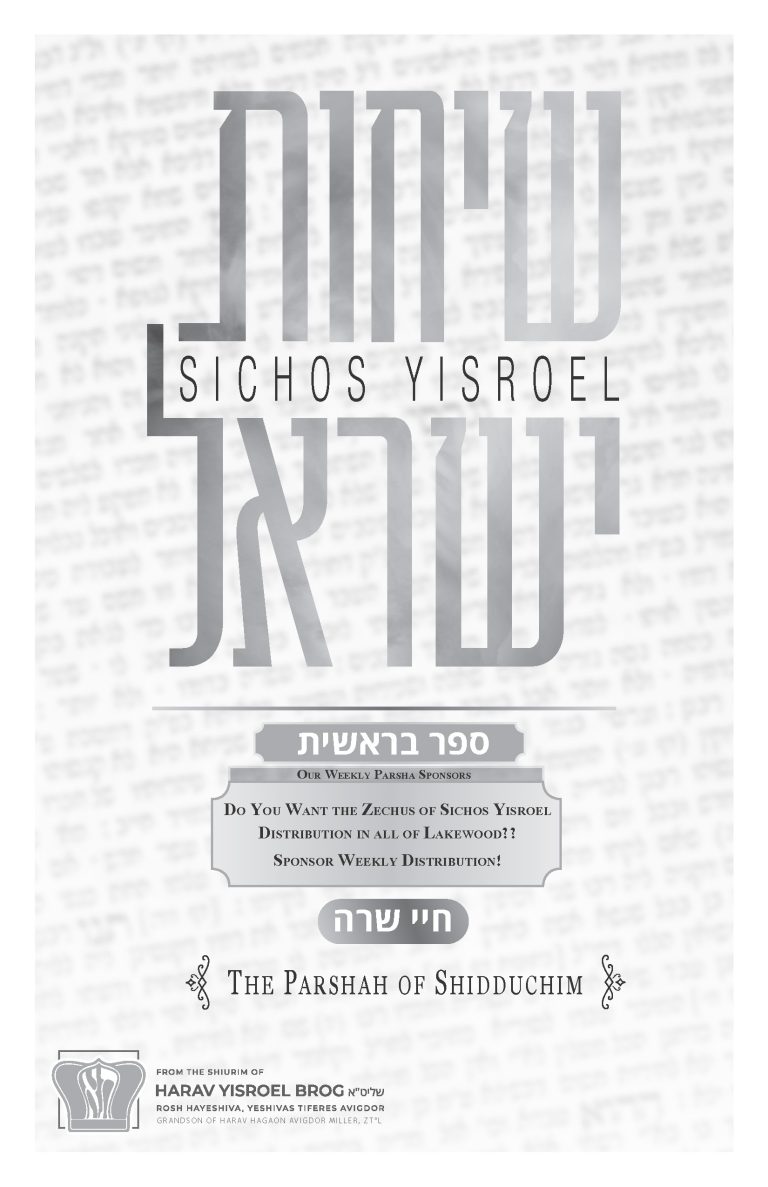
In this week’s parshah, we see a very interesting criterion for a shidduch. Eliezer is sent by Avraham Avinu as a shaliach to bring about one of the biggest shidduchim in history. The Torah tells us that Eliezer davened to Hashem to send him the right girl for Yitzchak. Now, Yitzchak was known for his tremendous and amazing yiras Shamayim. If you were to ask me to tell you what to look for when seeking a shidduch for Yitzchak, I would say you should find a girl who also possesses tremendous yiras shamayim. That would be a match.
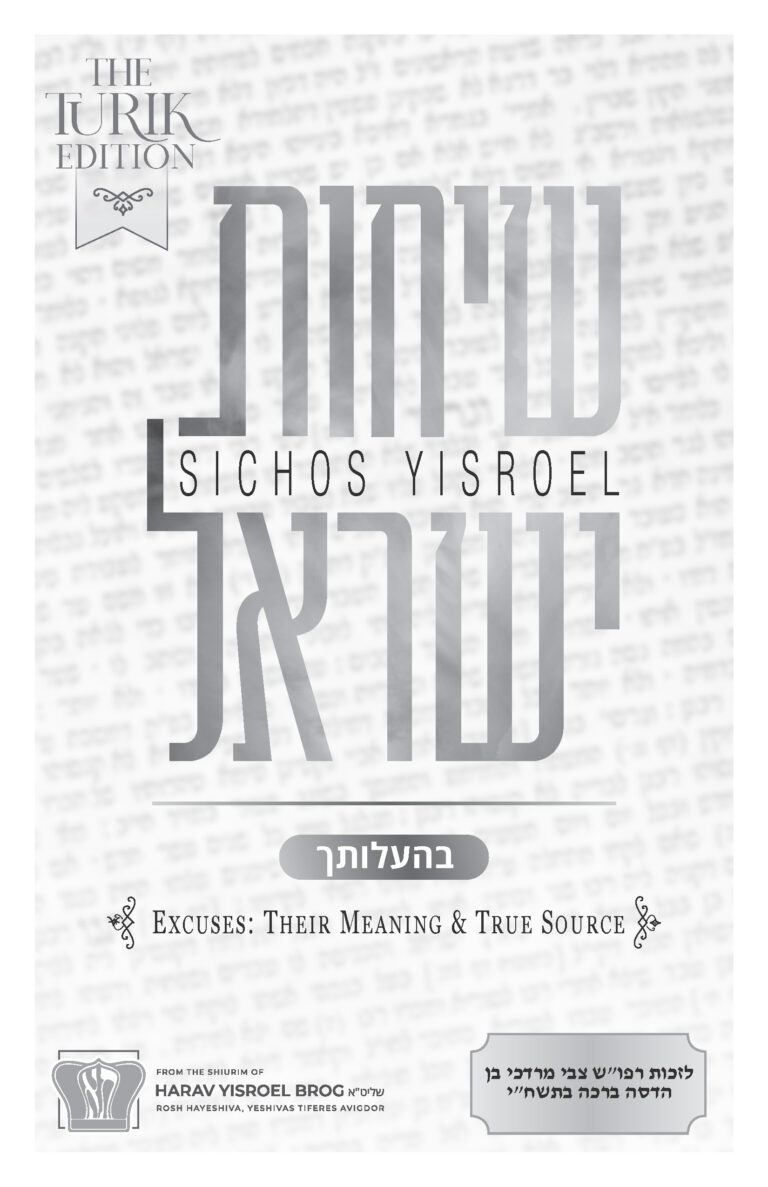
לזכות רפו”ש צבי מרדכי בןהדסה ברכה בתשח”י Consider sponsoring a shiurVisit YTATorah.org Shiur presented in 5779
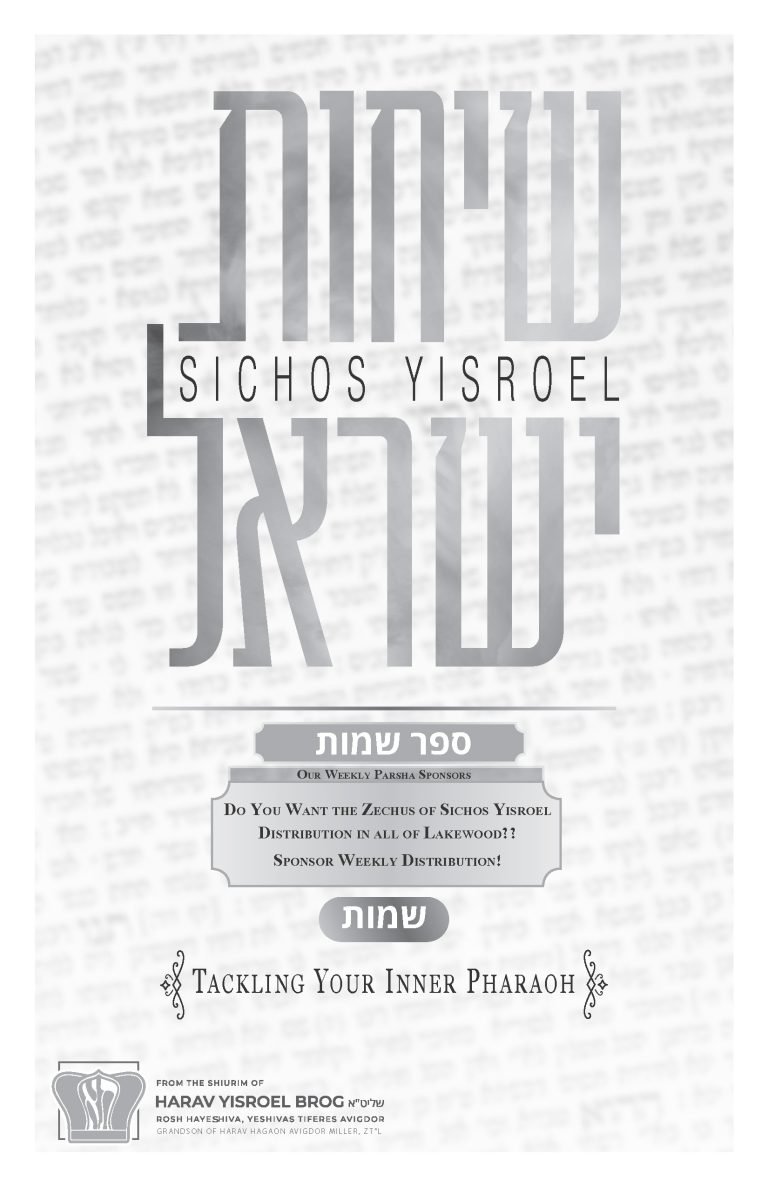
This week’s parshah begins by discussing the galus Mitzrayim, followed by the yetzias Mitzrayim. Every time you learn a sugya, you have to know its essence. Yetzias Mitzrayim has so many lessons, but you have to understand what is the essence of yetzias Mitzrayim. If somebody would ask you, what does yetzias Mitzrayim mean to you, you’d first have to know what galus Mitzrayim means in order to answer that question.
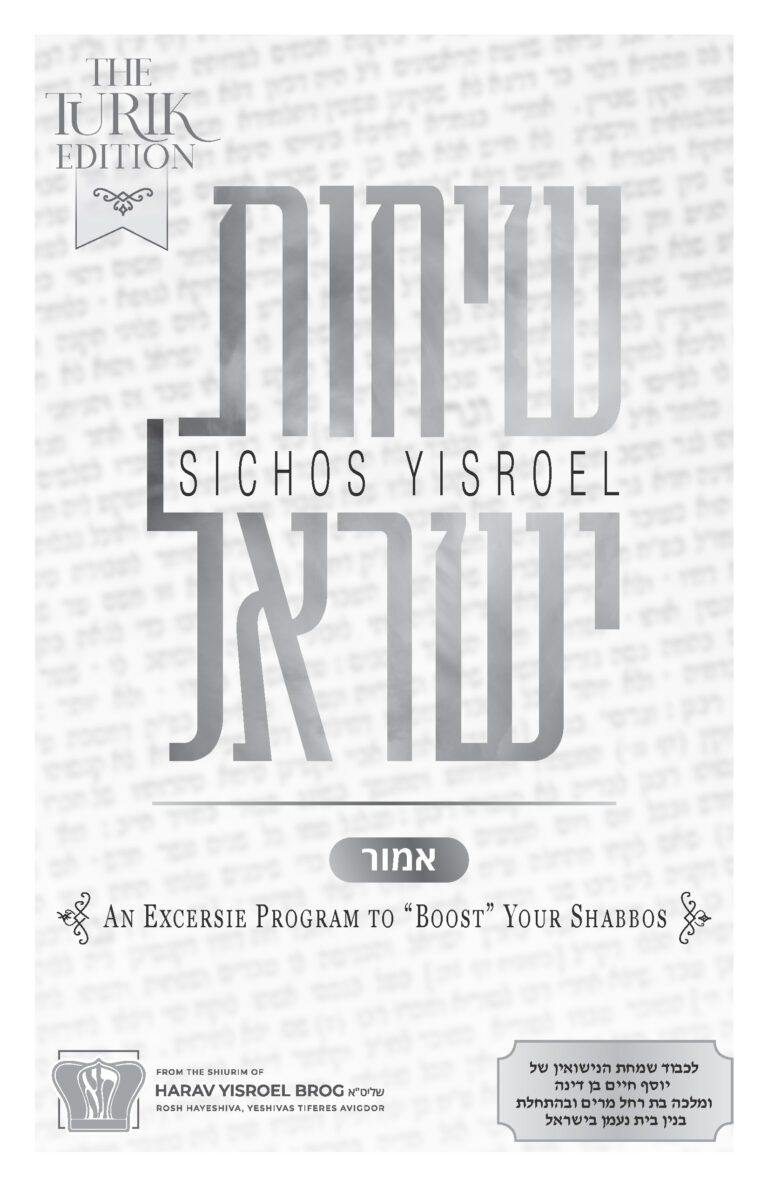
לכבוד שמחת הנישואין של יוסף חיים בן דינה ומלכה בת רחל מרים ובהתחלת בנין בית נעמן בישראל Visit YTATorah.org Shiur presented in 5781
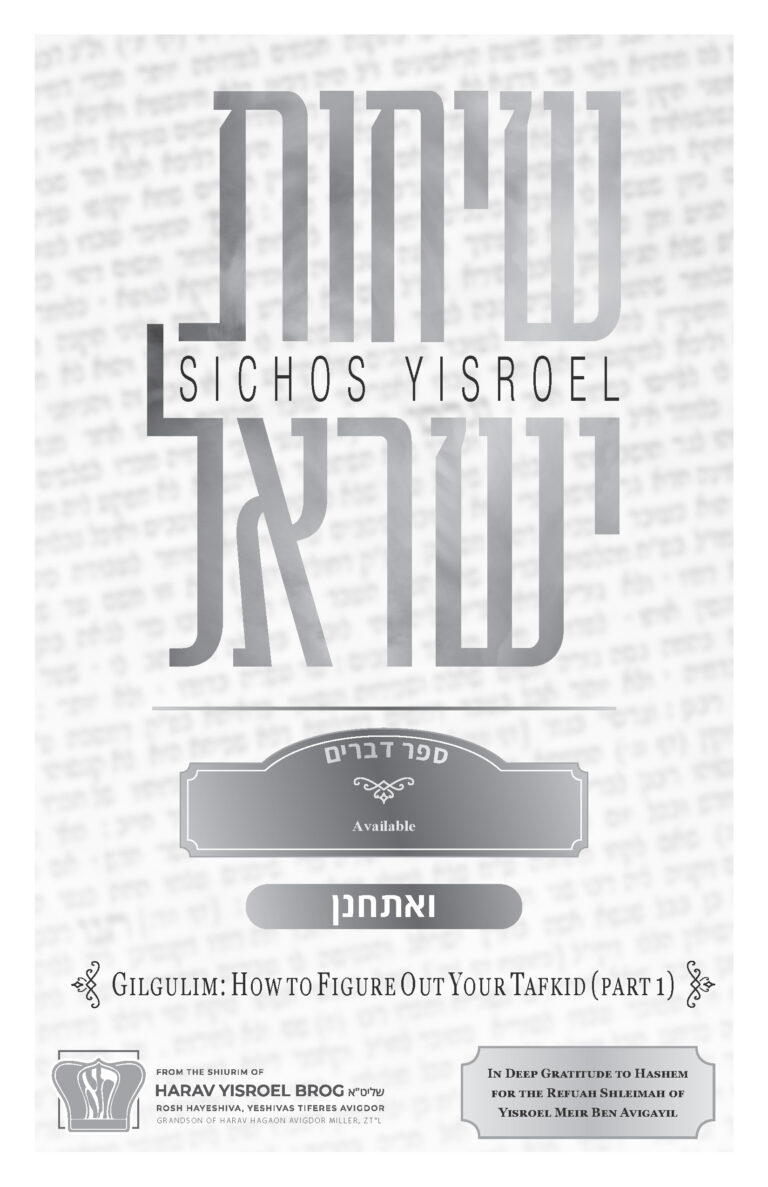
Tonight, we are going to begin a series on a subject that is very intriguing to most people, a subject that really has much more relevance than most people wish to acknowledge. It’s the subject called gilgul neshamos. In English, the word is reincarnation.
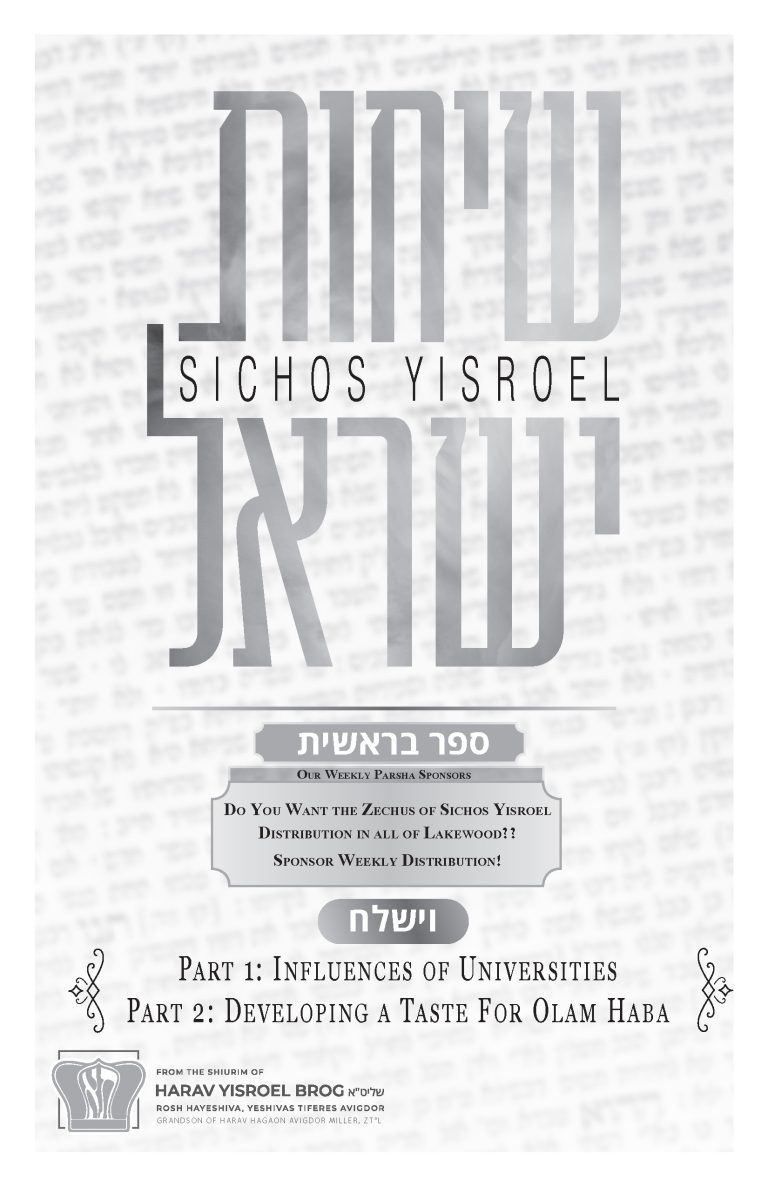
In this week’s parshah, Yaakov Avinu is encountering his brother Eisav. And Eisav was quite upset with Yaakov. Eisav came to kill him. And the emes is, you know, that Chazal tell us what really happened. The malachim that Yaakov sent to greet Eisav had to teach Eisav a lesson that he wouldn’t forget. It says they began to beat him up. Eisav wasn’t used to getting pushed around, and they pashut beat him up and he was pleading with them to stop and to have rachmanus.